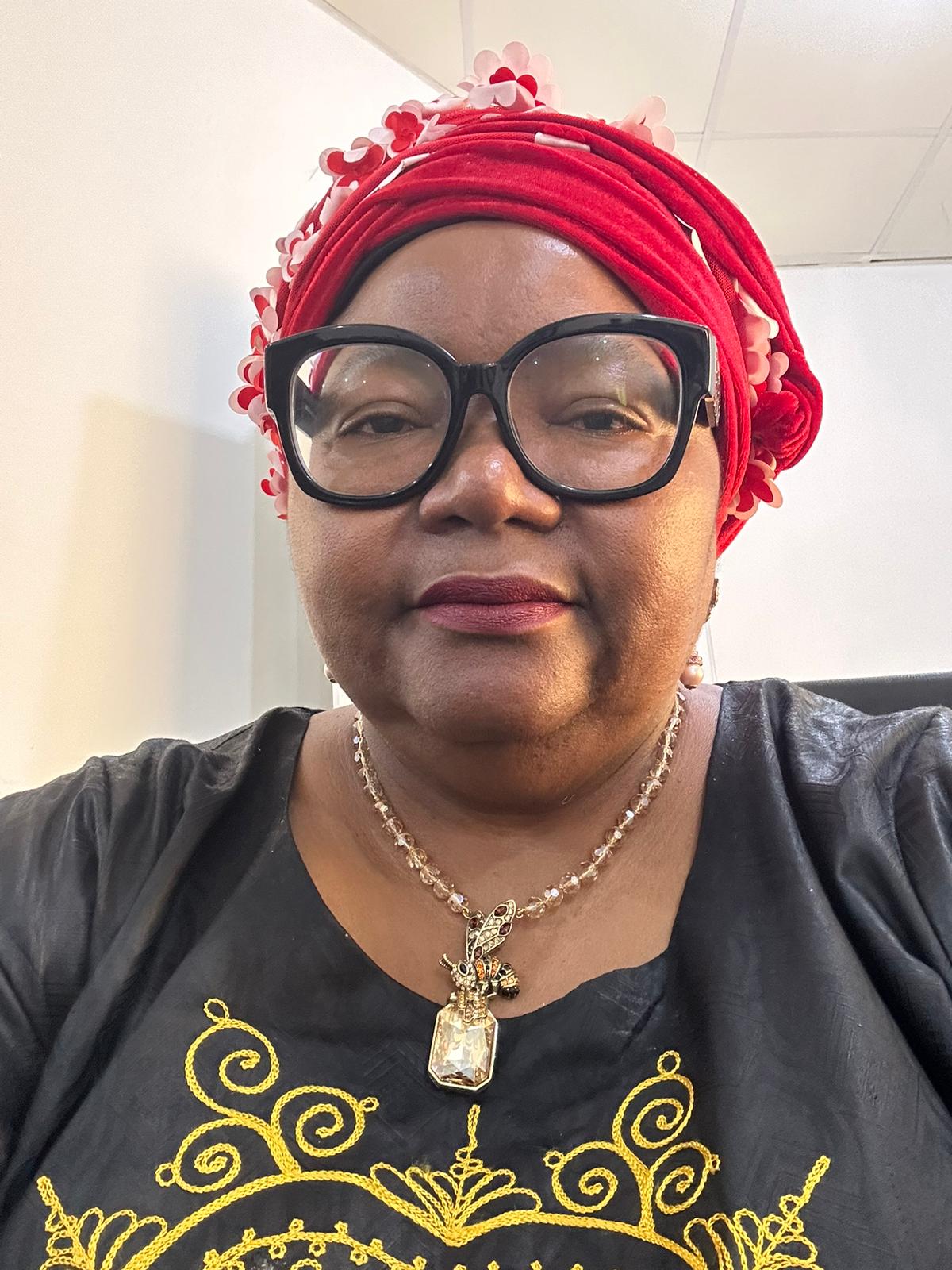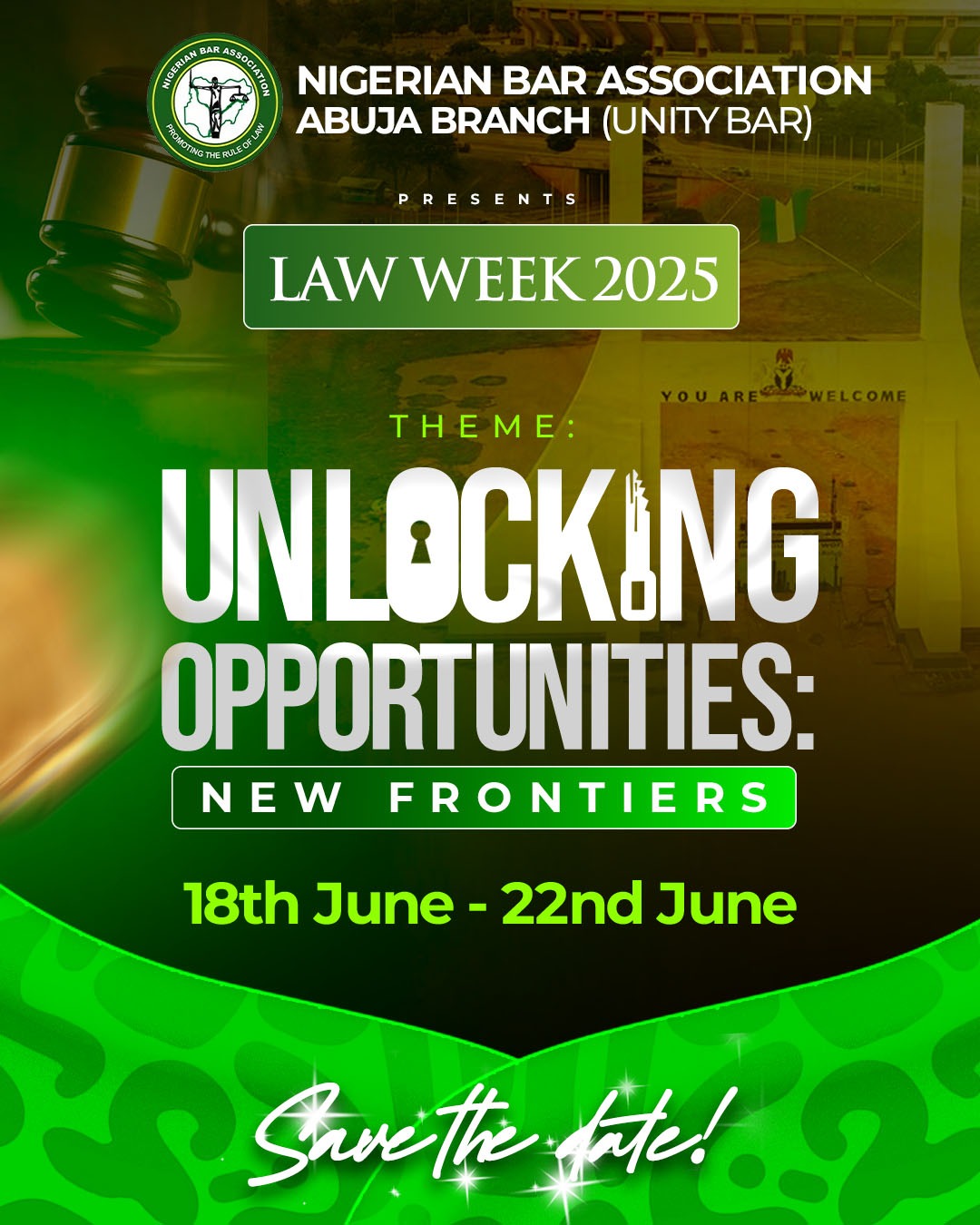SomberTuesday! The transition is progressing and the inauguration is fast approaching. The lawsuits challenging the election results are also ongoing. Nigeria continues to lag behind countries like Rwanda, South Africa, Namibia, Senegal, Mozambique, Ethiopia, Cabo Verde, Burundi, Tanzania, Cameroon, Uganda, South Sudan, Chad, Zimbabwe, Guinea, Angola, Mali, Djibouti, Niger, Lesotho, São Tomé and Principe, Malawi, Seychelles, Equatorial Guinea, Kenya, Mauritius, Burkina Faso, Somalia, Togo, Madagascar, Comoros, Gabon, Zambia, Ghana, Côte d’Ivoire, Guinea Bissau, Central African Republic, Democratic Republic of the Congo, Sierra Leone, Eswatini, Congo Brazzaville, Botswana, Liberia, Gambia, and Benin in the percentage of women in government.
In spite of having a gender policy that aspires for 35% women’s participation, Nigeria has a paltry 3.5% of the National Assembly members as women.
In a country with youths as majority of its citizens, and with so many poor people, Nigeria has an oligarchic gerontocracy in power. The people living with disabilities are also excluded from political power.
INEC needs to be strengthened to work more efficiently and effectively as an election management body committed to electoral integrity and the conduct of free, fair, and credible elections.
Democracy remains a dream deferred. Nation-building should be prioritized, with all Nigerians guaranteed the full rights of citizenship and more commitment to unity. We should have new currency but extreme scarcity caused so much chaos and confusion that old notes are now being used to fill the gap. The new notes are yet another dream deferred. Network problems plague the efforts to complete bank transactions. Economic recovery remains elusive, and the masses hope that the struggle to survive would not consume them.
Democracy should be representative but Nigeria is an exemplar of exclusionary politics. Numerous Nigerian youths hope to japa–leaving the country by any means necessary for what they believe are better opportunities abroad. They are exasperated by the dominance of the octogenarians on the social, political, and economic systems.
Insecurity, abductions, and kidnappings remain serious problems. Nigerian political institutions, infrastructure, and social services need to be strengthened to perform optimally. High unemployment and underemployment should be seriously addressed. Decent jobs for all should be a priority. Commitment to developing a social contract between Nigerian people and leaders should also be a national priority. So should genuine democracy and economic development, personal and human security, including the well-being and welfare of citizens and the masses’ ability to meet their basic needs. Nigerians can work together to achieve a positive transformation.
#EndSARS youth protesters found the 2023 elections wanting because it failed to meet the integrity criterion. #EndSARS demonstrations in 2020 had called for good governance, an end to police brutality, extortion, impunity, economic inequality, marginalization, targeting of youths and other minorities, and cessation of political violence. These are all conditions that deepen democracy. Instead, they were subjected to state-sponsored brutality and suppression. As is usual, and contrary to democratic values, complaints and protests are attributed to foreign influence and categorized as unpatriotic.
Nigerians should learn “never again” lessons from the 2020 Lekki massacre. #LekkiTollGate & other locations. Nigerians deserve unity, peace, democracy, and sustainable development. Kleptocracy has been ruinous, threatening contemporary human security and potentially damaging to the prospects of future generations having access to the resources that they need to not only survive but thrive. If we desire transformation, we should all get to work to create a Nigeria that works for all citizens. It may be difficult but it’s possible.
#NigerianWomenArise #EndPoliceBrutalityinNigeriaNOW
#EndSars
#EndSWAT
#EndImpunity.
Howard Zinn’s statement is very relevant to our country:
“Civil disobedience, that’s not our problem. Our problem is that people are obedient all over the world in the face of poverty and starvation and stupidity, and war, and cruelty. Our problem is that people are obedient while the jails are full of petty thieves, and all the while, the grand thieves are running the country. That’s our problem.”
Like a voice in the wilderness, I repeat:
Let the kleptocrats give back our stolen wealth so that we can fix our infrastructure, schools, hospitals, and also offer worthwhile social protection to our people. Let the masses enjoy the full benefits of citizenship in Nigeria. Let the leaders and political class repent and build peace with justice.
This is no time for politics as usual. The people elected should be those trusted to bring justice, equity and human security to the entire country, not expedient, unethical, and egocentric individuals determined to dominate for self aggrandizement or sectional gain. We don’t need oligarchs’ continued domination. We also need a government that puts the interests of majority of citizens first. I hope this happens in my lifetime.
Prof. Mojúbàolú Olufúnké Okome is a professor of political science at Brooklyn College in New York.




